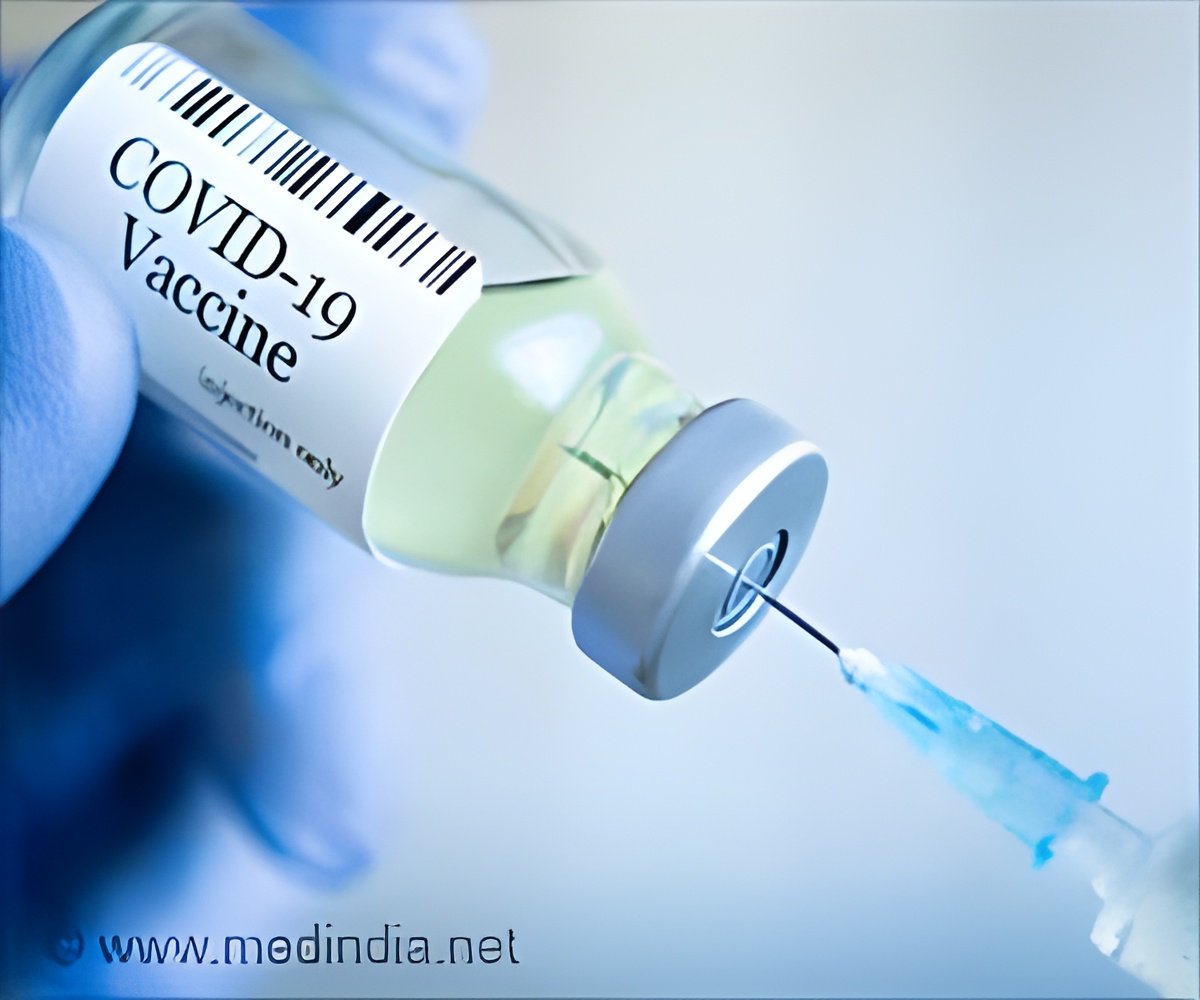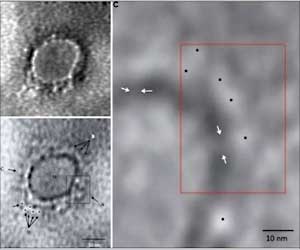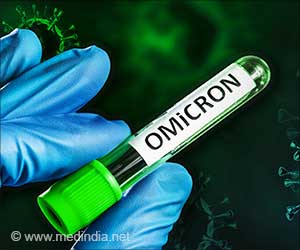
‘Idiopathic thrombocytopenic purpura (ITP), a condition that affects the blood by low platelet count, may be associated with the Oxford-AstraZeneca COVID vaccine in rare cases (11 per million doses among 69 years old). This sets a terrific example of the importance of health for vital research that rapidly informs the response to the COVID 19 pandemic and its management strategies.
’
Tweet it Now
All the participants had at least one underlying chronic health problem such as coronary heart disease, diabetes, or chronic kidney disease. A low number of platelets (blood cells that help in clotting and prevent blood loss) can result in no symptoms or can lead to an increased risk of bleeding & clotting. The low platelet counts in combination with blood clots following vaccination with the Oxford-AstraZeneca vaccine were earlier estimated to occur at a rate of approximately 13 per million first doses by the Medical and Healthcare products Regulatory Agency (MHRA).
The situation is however actively monitored by MHRA. The study of 5.4 million people in Scotland, of whom 2.5m had received their first vaccine dose, is the first analysis of ITP, clotting, and bleeding events following vaccination for an entire country.
Low Platelets and COVID Vaccine
The present study analyzed a dataset up to 14 April 2021 for people in Scotland who had received the first dose of either vaccine (more than 1.7 million had an Oxford-AstraZeneca jab and some 800,000 had a dose of the Pfizer-BioNTech vaccine), as part of the EAVE II project, which uses anonymized linked patient data to track the pandemic and the vaccine roll out in real-time.
Advertisement
"This study shows the advantage of being able to link together large national data sets to provide near real time information of vaccine safety, using a number of analytical methods. An important next step is to replicate this work in other settings to ensure that the findings are robust," says Professor Chris Robertson from the University of Strathclyde and Public Health Scotland.
Advertisement
"This is a terrific example of why access to health data is crucial for vital research that rapidly informs the response to the COVID 19 pandemic. This research is important for individuals, the NHS, policy makers and the world. To do this safely, the UK has established the ability to perform secure and confidential data analysis that enables vital research questions to be answered in a trustworthy way. The HDR UK and ONS National Core Studies have supported the UK Health Innovation Gateway to provide a common entry point for researchers to discover and request access to UK health datasets for vital research that is improving people’s lives," says Professor Andrew Morris, Director of Health Data Research UK (HDR UK) and Vice Principal of Data Science at the University of Edinburgh.
Source-Medindia















